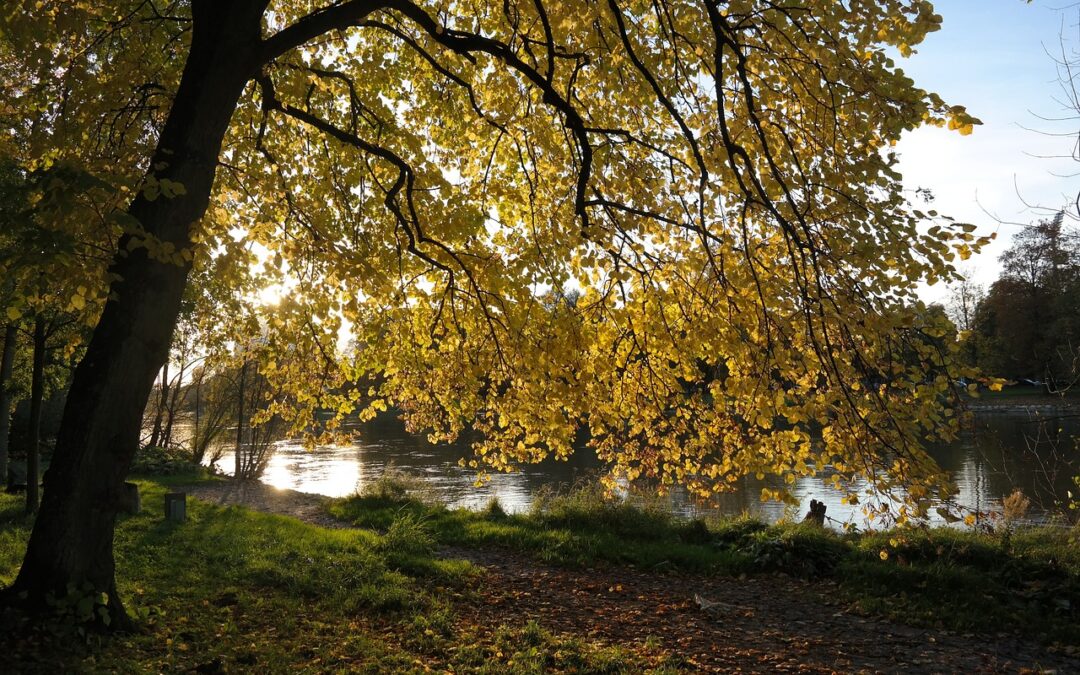TL;DR: Landscaping materials for riverside areas are crucial in protecting your property from water damage, erosion, and flooding. Consult a professional landscaper for durable and aesthetically pleasing solutions like concrete, riprap, gabions, and plants.
Contents
- 1 Designing a Resilient Riverside Landscape
- 2 Concrete: Strength and Durability
- 3 Riprap: Natural Protection
- 4 Gabions: Flexible and Environmentally Friendly
- 5 Native Plants: Natural Erosion Control
- 6 Gravel: Cost-Effective and Functional
- 7 Permeable Pavers: Sustainable and Aesthetically Pleasing
- 8 Professional Expertise: The Key to Success
Designing a Resilient Riverside Landscape
Imagine your dream riverside retreat, where tranquil waters meet lush greenery. However, unprotected riverbanks can lead to disaster, with erosion destroying valuable land and flooding threatening structures. Choosing the right landscaping materials can safeguard your property and enhance its beauty.
Concrete: Strength and Durability
Concrete is a versatile material that provides exceptional strength and durability against water erosion. Concrete bulkheads, walls, and embankments form a robust barrier, protecting your property from the river’s force.
Riprap: Natural Protection
Riprap consists of large, angular rocks or boulders placed along the riverbank. By mimicking natural rock formations, riprap slows down water flow, dissipates energy, and prevents erosion. Its natural appearance blends seamlessly with the surrounding environment.
Gabions: Flexible and Environmentally Friendly
Gabions are baskets filled with rocks, wire mesh, or geotextiles. They offer flexibility in design, allowing for curves and slopes to conform to the riverbank’s shape. Gabions promote vegetation growth, creating a sustainable environment for native plants.
Native Plants: Natural Erosion Control
Native plants with deep root systems, such as willows, alders, and sedges, play a crucial role in stabilizing riverbanks. Their roots bind the soil, prevent erosion, and provide habitat for wildlife.
Gravel: Cost-Effective and Functional
Gravel is a cost-effective material that can be used for pathways, driveways, and patios. Its porous nature allows water to drain quickly, preventing erosion and creating a non-slip surface.
Permeable Pavers: Sustainable and Aesthetically Pleasing
Permeable pavers are a sustainable alternative to traditional concrete. They allow rainwater to infiltrate the ground, reducing runoff and replenishing groundwater. Their varied colors and textures add beauty to your landscape.
Professional Expertise: The Key to Success
While DIY projects can be tempting, it’s essential to consult a professional landscaper for riverside landscaping. They can assess your property’s needs, select the appropriate materials, and ensure proper installation, preventing costly mistakes and safeguarding your investment.

